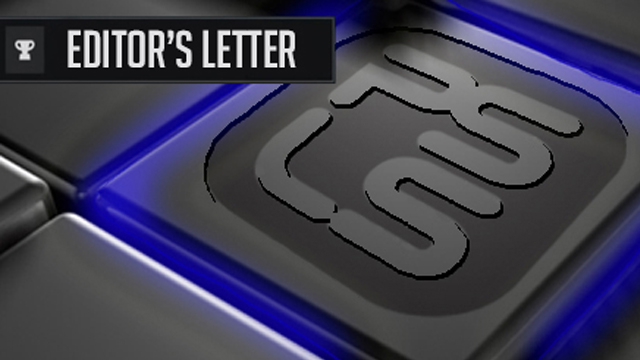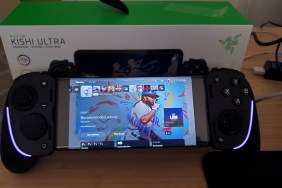Games have changed, and so should our reviews. Over the years we’ve seen the industry trend towards sprawling open-world games, competitive multiplayer games, and live-service games. For these sorts of games, the conditions in which we review them are often not representative of how the average player will approach them. For massive 80+ hour games, we’re sometimes given them to review less than a week before their embargo. And then for multiplayer or live-service games, we typically have to experience their online modes in closed sessions that aren’t indicative of what the full experience will be. So with that in mind, from here on out both PlayStation LifeStyle and our multi-platform sister site GameRevolution will provide our reviews with greater transparency and clarity in regards to how much time we’ve had with a game, how much of it we played, and in what circumstances we experienced what it has to offer.
How will we make our reviews more transparent?

From now on, our reviews will include a note specifying our time spent with a game and, in the case of multiplayer-focused and live-service games, the conditions in which we played them. These notes won’t be bogged down in details and data regarding our playthrough, but will instead provide an overview of how we experienced them in a way that most efficiently benefits you, the reader. We’ll also be placing more of an emphasis that each review is through our own lens — the lens of a reviewer who, depending on the specific circumstances of their review, likely won’t have an experience that’s 1:1 with your own.
For instance, if we’ve played a multiplayer game extensively but those multiplayer sessions were limited to closed sessions with other members of the press, that will be something we disclose. If we’ve reviewed a huge game but, as a result of tight deadlines and our unwillingness to crunch our writers who haven’t “completed” it before the review is published, we’ll note that, too. You’ll have exact insight into what we have and haven’t managed to experience in the game we’re reviewing and, if our writer doesn’t feel comfortable slapping a score on their experience with a game thus far, we’ll withhold the review or provide a review-in-progress in the meantime.
Reviews for video games aren’t the same as reviews for a toothbrush or electric razor on Amazon. We aren’t reviewing products here; we’re providing our subjective opinion on how an Elden Ring, or a Horizon Forbidden West, or a The Last of Us 2 made us feel as critics and as players. If that opinion is being squeezed out of an 80- or 90-hour workweek, where a reviewer has crunched to make sure they finish a game before the embargo lands, there are few who will be able to relate to that specific set of circumstances when playing it themselves.
When you see a score attached to the end of one of our reviews, it means that we’ve confidently played enough of it to award a number to it that accurately reflects our thoughts. But that doesn’t necessarily mean that we’ve “completed” it — a term that means significantly less in these days of neverending open worlds and live-service games that only reach their potential a year after launch. It just means that we’re confident enough in our assessment of their current quality that we’re willing to put our name to a score.
Ultimately, across both PlayStation LifeStyle and GameRevolution, we want to continue to foster an environment of both writers and readers who love video games and are passionate when it comes to writing/reading about them. This is not achievable by sending reviewers out to complete a massive game in a ridiculously short period of time. We want to be as clear as possible with our reviews and recommendations, and we want you to have complete faith in what we write, regardless of whether you agree or disagree with us.
– Paul Tamburro, PlayStation LifeStyle and GameRevolution Editor-in-Chief








